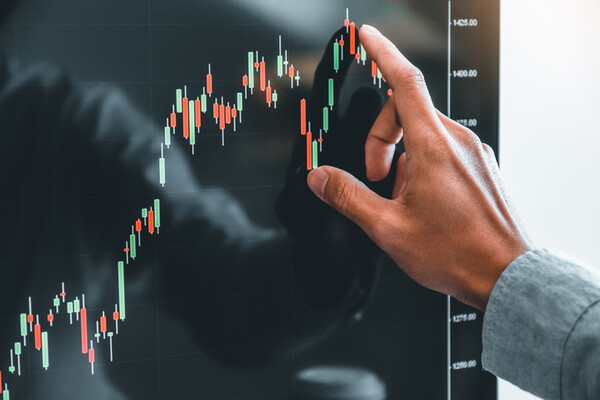Korean medical artificial intelligence (AI) imaging companies are being placed on the Korea Exchange (KRX)’s investment caution list one after another as their stock prices continues to surge abnormally this year.

Most recently, the KRX placed JLK on the investment caution list last Thursday and Friday.
Investment caution stocks have the potential for unfair trading. It is designated by the KRX’s Market Surveillance Committee to prevent individual investors from panic buying due to fear of being left out and to raise awareness of potential unfair trade actors.
The KRX cited multiple reasons -- such as excessive trading from a small number of accounts, rapid changes in closing prices, and unusually high trading volumes from a single account -- for the recent designation of investment caution stocks.
JLK has been designated as an investment caution stock 10 times this year, with excessive trading from a small number of accounts attributing to six cases.
The KRX views excessive trading from a small number of accounts as one of the signs of so-called "manipulative forces" artificially raising, lowering, or fixing stock prices.
Despite the KRX’s warning, shares of JLK continued to skyrocket on Monday.
As of 2:40 p.m., the company shares stood at 34,950 won ($27.25), up 10.6 percent from the previous trading day.
Considering that JLK’s shares stood at a mere 3,150 won in the first trading day of 2023, the company’s shares have skyrocketed more than 1009.5 percent this year.
However, the KRX’s concerns are not limited to JLK, as AI medical imaging frontrunners Lunit and VUNO have also been named as investment caution stocks this year.
Compared to the beginning of the year, as of Monday, Lunit's stock price jumped 450 percent from 29,800 won to 163,900 won, and that of VUNO soared 1050.7 percent from 3,150 won to 36,250 won.
VUNO was placed on the list after becoming a stock involved in excessive spam reports on July 14, while Lunit was placed on the list on May 30 and June 27 for the same reason.
Excessive spam report designation happens when there is a sharp rise in price and trading volume in relation to the increase in the number of stock-related spam texts reported to the Korea Internet & Security Administration.
While the companies' steep growth is remarkable, an industry official called for caution when investing in AI medical imaging companies.
“Recently, the AI medical device imaging industry has been receiving increased attention from the market, especially with governmental support related such as medical insurance coverage,” an industry official told Korea Biomedical Review. “Rather than investing indiscriminately, it is necessary to carefully consider the technology level and market penetration of individual medical AI companies before making an investment plan.”

